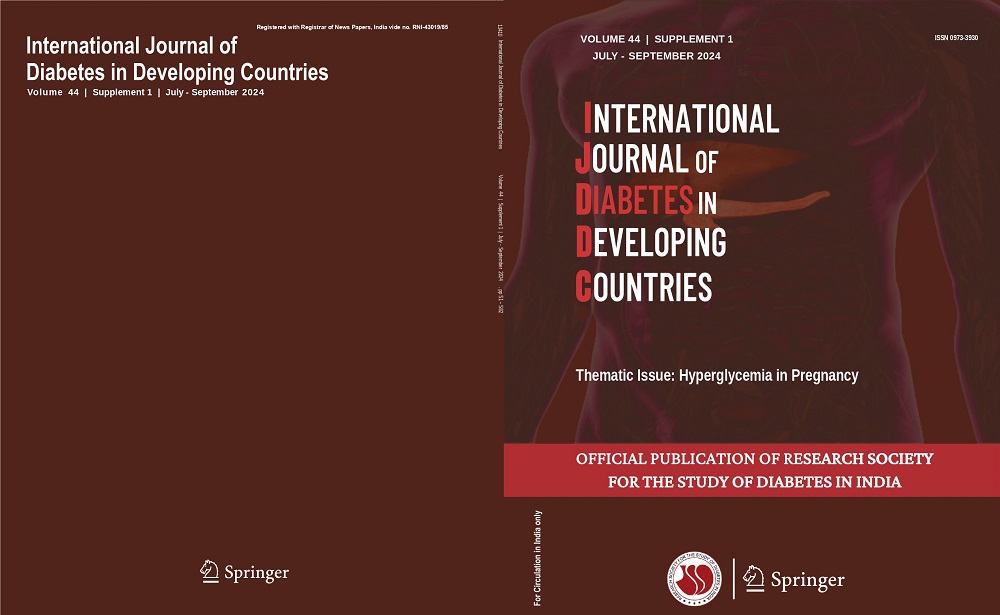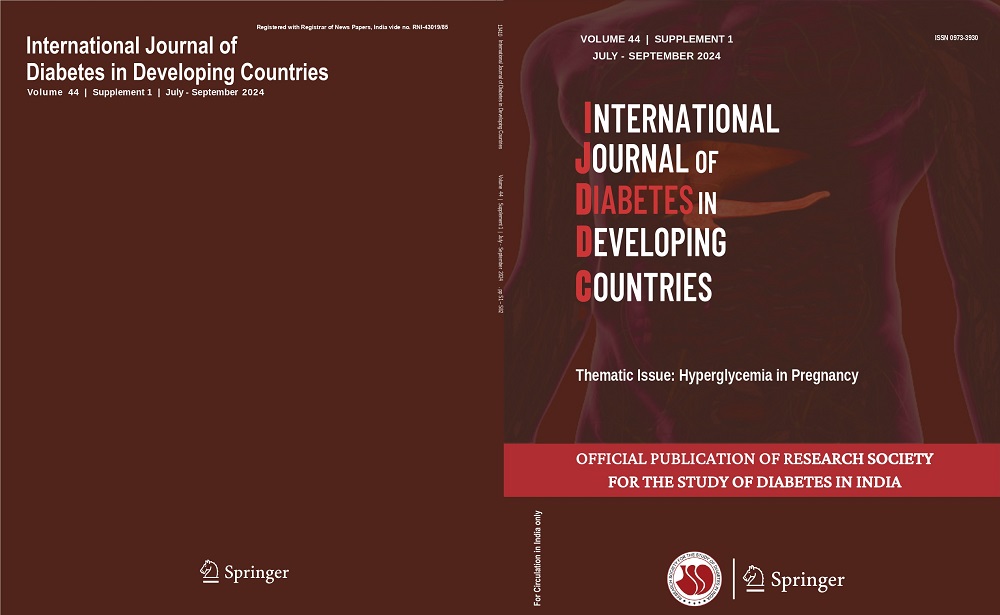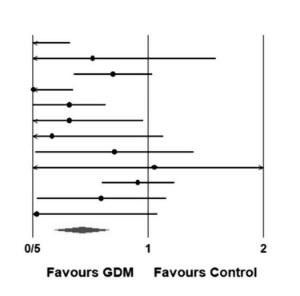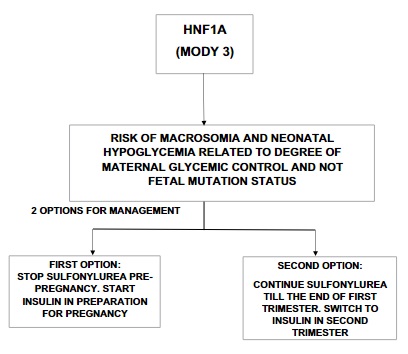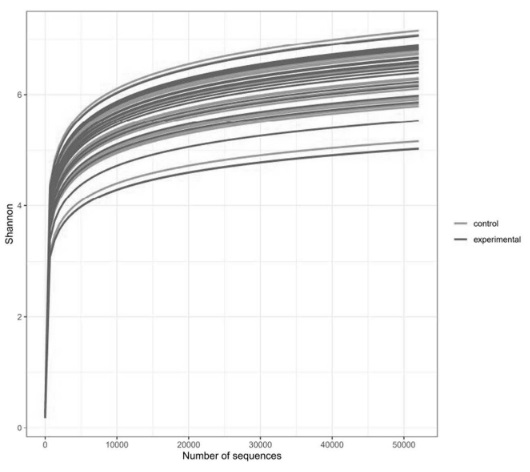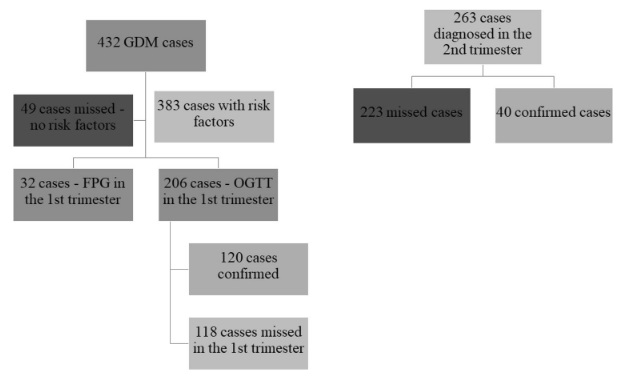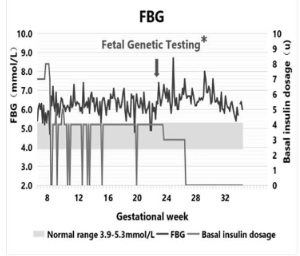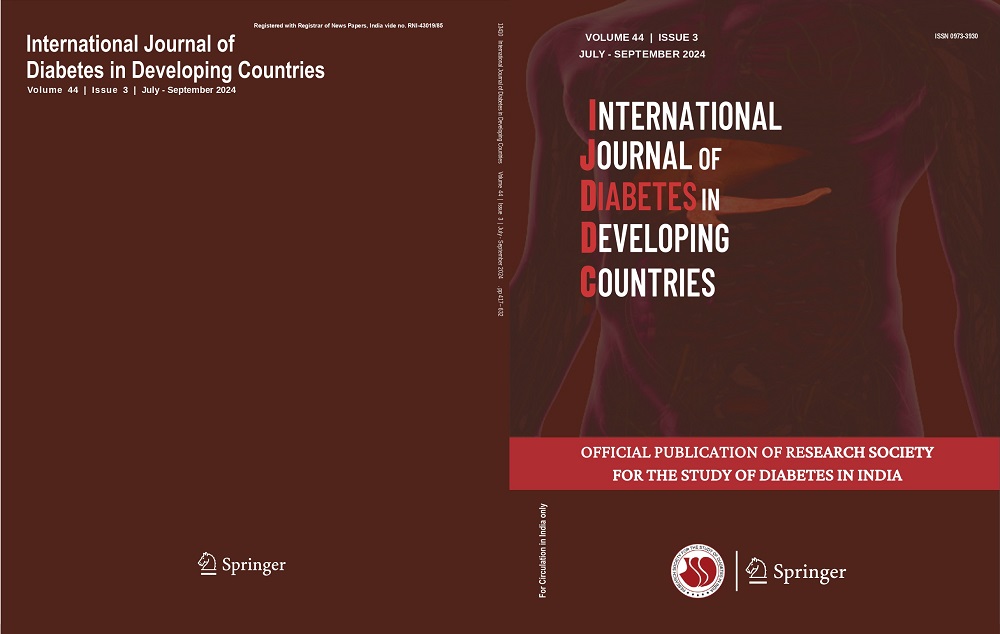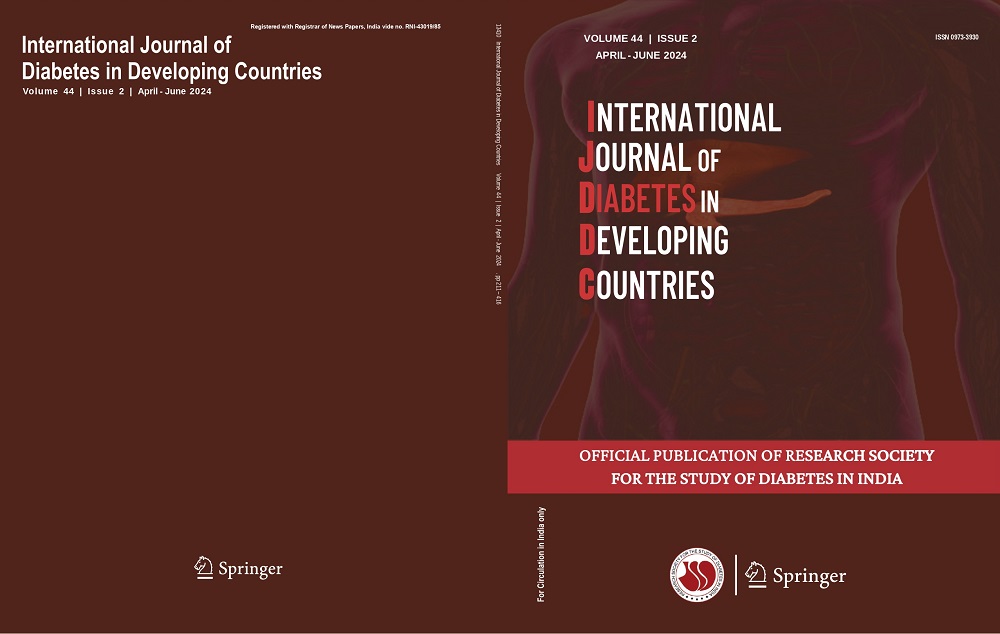July-September Supplement 1, 2024 • Vol. 44 • # 3
Index pregnancy-a window of opportunity to prevent NCDs!!
It is estimated that around 537 million people are currently living with diabetes globally, and it is expected to increase to more than 643 million people by 2030.
The influence of CDKAL1 (rs7754840) gene polymorphism on susceptibility to gestational diabetes mellitus in pregnant women : a systematic review and meta-analysis
Gene polymorphisms CDKAL1 (rs7754840) have been related to type 2 diabetes mellitus, which may partially define the common genetic background with gestational diabetes mellitus (GDM). The aim of this study is to investigate the association between CDKAL1 polymorphism and susceptibility to GDM.
Pregnancy in various forms of monogenic diabetes : A systematic review
Monogenic diabetes (MD) represents a cluster of different types of diabetes produced by a mutation of a single gene. The commonest type of MD is maturity-onset diabetes of the young (MODY) which has several subtypes, and neonatal diabetes mellitus (NDM).
Early gestational diabetes mellitus : An update about its current status
Gestational diabetes mellitus (GDM) frequently complicates pregnancy and is associated with adverse outcomes both in the mother and her offspring.
24-h Glucose profile of patients with gestational diabetes mellitus and comparison with pregnant women with normoglycemia
To study the 24-h glucose profile of patients with mild GDM using the commercially available Abbot Libre con- tinuous glucose monitoring system (CGMS) and compare them with pregnant women with normoglycemia (gestational age comparable).
Foetal and maternal outcomes in GDM diagnosed by IADPSG vs DIPSI criteria : A twin-centre study
GDM has conventionally been defined as any degree of glucose intolerance with onset or first recognition during pregnancy warranting early recognition and management to improve maternal foetal outcomes.
Analysis of the gut microflora in women with gestational diabetes mellitus
Gestational diabetes mellitus (GDM) is a type of diabetes that occurs during pregnancy which is becoming increasingly prevalent worldwide. Notably, recent studies have shown that differences in the distribution of gut microflora are strongly associated with the pathogenesis and progression of diabetes.
Knowledge, attitude, and practice regarding gestational diabetes mellitus among pregnant women : A cross‑sectional study
To determine the knowledge, attitude, and practice (KAP) regarding gestational diabetes mellitus (GDM) among pregnant women on antenatal appointment in government approved healthcare facilities in Nigeria and also to establish the significant correlation and association within sociodemographic variables.
The effectiveness of selected temporary testing protocols for gestational diabetes during the COVID‑19 pandemic
During the COVID-19 pandemic, the screening approach to the diagnosis of gestational diabetes mellitus (GDM) was subject to emergency simplifications
Effectiveness and safety of Glargine U‑100 and detemir insulin in hyperglycemic pregnancy: a record‑based observational study
Gestational diabetes mellitus (GDM), a common medical condition affecting a high number of pregnant women worldwide, is characterized by high blood glucose levels that develop during pregnancy, usually in the second or third tri- mester, in women with no prior history of diabetes.
DIPSI 2024 - Delhi Declaration - A futuristic approach towards primordial prevention of diabetes
Gestational diabetes mellitus (GDM) has conventionally been defined as any degree of glucose intolerance with onset or first recognition during pregnancy (Hinkle et al. in Sci Rep 8:12249, 2018)
Insulin titration and blood glucose fluctuations during pregnancy in GCK‑MODY : Case Report
Glucokinase-maturity onset diabetes of the young (GCK-MODY) is a form of monogenic diabetes that is caused by heterozygous inactivating mutations in GCK gene.
